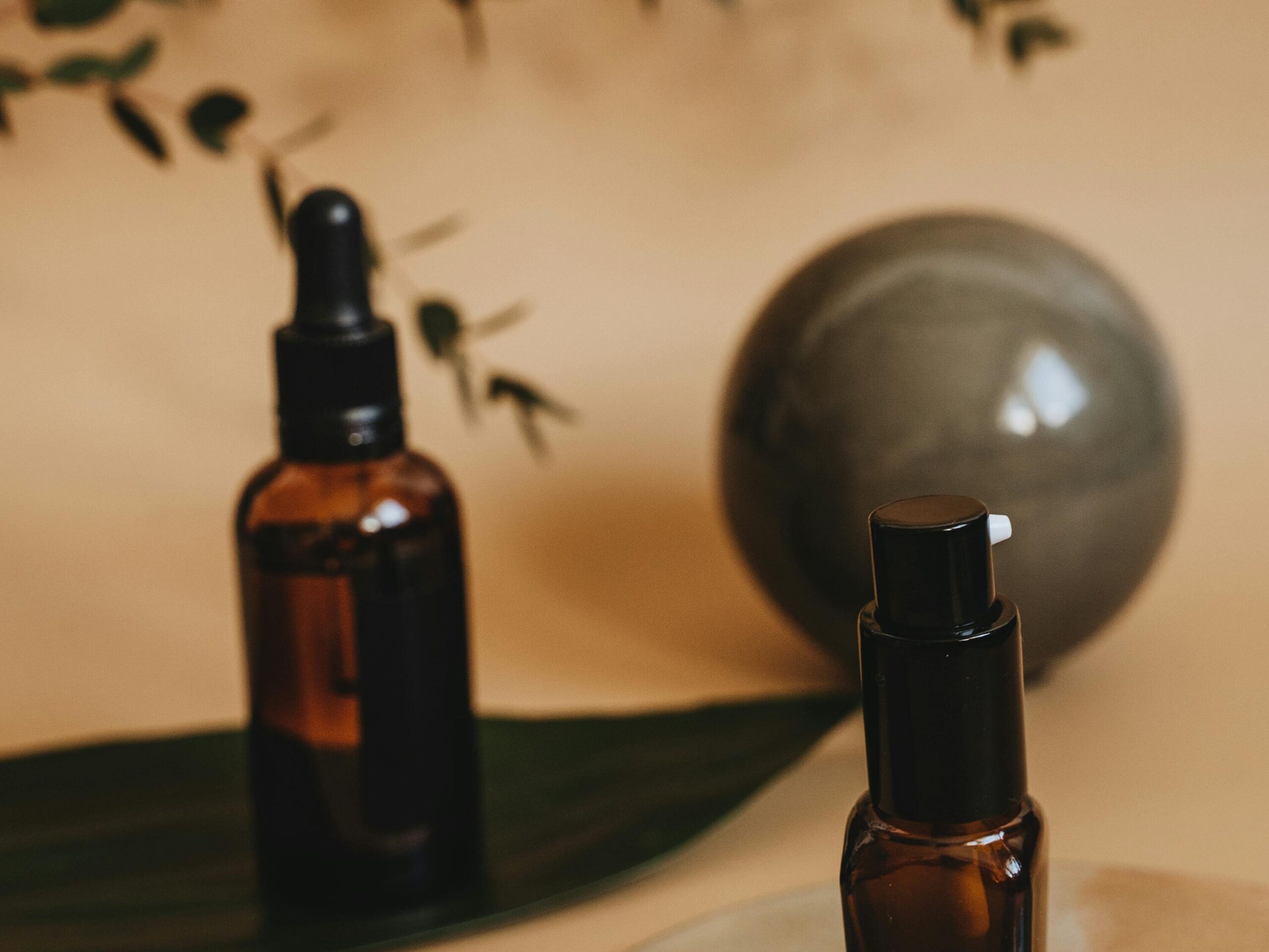A Complete Guide on Squalane Oil – Amazing Hit or Miss
One skincare ingredient sure to make headlines is squalane oil. This is a hit or miss for many individuals, with amazing results or disastrous outbreaks.

How do you use squalane oil, what skin types does it suit, and what risks are associated with it? Find out the answers to all these questions and more today! Plus, learn how facial oils can fix your skin concerns, which facial oil to use, and quick tips on how to incorporate them into your current skincare routine.
What are Facial Oils
Facial oils are a skincare ingredient usually derived from a nut, seed, or plant. These oils are formulated specifically for use on the face, making them a good hydrating option. Facial oils can be used in various ways as a skincare ingredient. Some serums or moisturizers include oils to enhance their properties. If a facial oil is bought in its pure form, it can be used as a final step in a skincare routine.
They work as emollients, meaning these oils can keep hydration in, preventing water loss through the epidermis. When purchasing pure forms of oils, the oils need to be cold-pressed. Heat treating or chemical treating oils can lead to dangerous byproducts and skin irritation. Cold-pressed products are extracted without heat or additives, making them the best form for sensitive skin.
Some examples of facial oils include jojoba, coconut, argan, rosehip, and others. These oils have different properties, vitamins, nutrients, and fats. This means they can be used to address specific skin concerns. For example, rosehip is high in vitamin A, making it a good option for those who want to smooth skin out. These facial oils are high in antioxidants, and nourishing vitamins, and can be a great addition to a well-rounded skincare routine.
What is Squalane Oil
Squalane oil, not to be confused with squalane oil, is a saturated oil that is very beneficial to the skin due to its hydrating and anti-inflammatory properties. Squalene oil is our body’s natural oil that it makes. It is naturally occurring and plays a big role in skin barrier health. Squalane oil is man-made and usually derived from plants.
Benefits
Squalane oil has many benefits. Because it is a saturated oil, it can help increase hydration easily. It can naturally moisturize the hair, smoothing out hair follicles and decreasing breakage and split ends. On the skin, squalane can help boost your skin moisture, helping to seal in hydration.
Sometimes, this oil is used in formulation with other skin care products, such as retinol. In those products, it can help reduce inflammation, calm irritation, and moisturize the skin due to its hydrating properties. Because it is a form of squalene, the natural oil our body makes, squalene can mimic our skin’s ability to moisturize and protect itself.
What Skin Type Should Use It?
Squalane oil is beneficial for people with dry skin. This is because it is very hydrating and moisturizing. It is particularly useful for individuals who do not enjoy feeling too greasy or overly hydrated since it tends to sink into the skin due to its similarity to our own skin’s natural oil.
It can also be used by individuals with oily or acne-prone skin. This is because it is non-comedogenic, meaning it will not clog your pores. The anti-inflammatory and common properties of this oil can also help reduce irritation, redness, and swelling that is associated with acne and skin conditions such as dermatitis or eczema.
How to Use
Squalane oil can be used in a variety of different ways. Some serums and moisturizers already contain this ingredient. If you want to incorporate it into your skincare routine, look for products that already use this oil. You could also buy this oil and its pure form and use it as a last step in your skincare routine.
Most sources of this oil come from plants such as olive, wheat, and rice bran. However, squalane can be derived from animal sources, which may not be everyone’s cup of tea. Try to avoid squalene from shark liver, or marine species if this is the case. Plant-based squalane will always indicate so.
Risks
There are not many risks associated with using this oil. However, it’s always important to patch-test any new skincare product or skincare ingredient you want to try. This is particularly the case if your skin care product has different fragrances, preservatives, or dies that can trigger allergic reactions or irritations.
Quick Tips for Oils
Here are some quick tips on how to seamlessly incorporate any facial oil into your skincare routine. Oils can be very beneficial for all types of skin concerns, as detailed below. We want to keep our skin barrier healthy so that it is strong enough to defend us from pathogens or other harmful bacteria. The skin is our defense from the outside world, so we need to treat it with care.
- Choose one – different oils have different properties. To find a skincare oil that works for you, it’s important for you to know the properties of each one. Learn about jojoba, rosehip, and other types of oils before choosing the best one for you.
- Patch test – it’s important for you to patch test any new skincare ingredient on your body before using it on your face. Just apply a bit onto your leg or arm, and wait about 2 days. This will let you know if you have a negative reaction to the product or not.
- But by bit – it’s important to start off slowly when incorporating a new product into your skincare routine. Try twice a week and increase your use as needed. Some people may want to only apply it once a week, so make sure you are listening to your skin and making changes accordingly.
- Mix it up – if you absolutely hate the feel of oil on your skin, you might have more luck mixing it with an oil or even a serum. This will allow the oil to penetrate a bit deeper and should prevent it from sitting on top of your skin.
The Takeaway
Squalane oil is an amazing option for individuals who just want a little boost in their current skincare routine. This oil is very similar to the oil our bodies produce naturally, making it a good option for almost anyone. It is very nourishing, hydrating, and moisturizing, making it ideal for dry skin. It can also be used by individuals with oily or acne-prone skin since it is so similar to our own biological oil we make. Plus, the anti-inflammatory properties make it ideal for individuals who experience eczema or other forms of skin irritation. Always make sure to patch-test your skin and listen to what your skin barrier is telling you. Glow with health from the outside in.
Remember that health comes from within. Eat nutritious food, exercise when you can, and take care of your mental health. Daily habits become the building blocks for emotional, mental, and physical health. Take care of your gut health too! Learn everything you need to know about gut microbiota today for free here.





